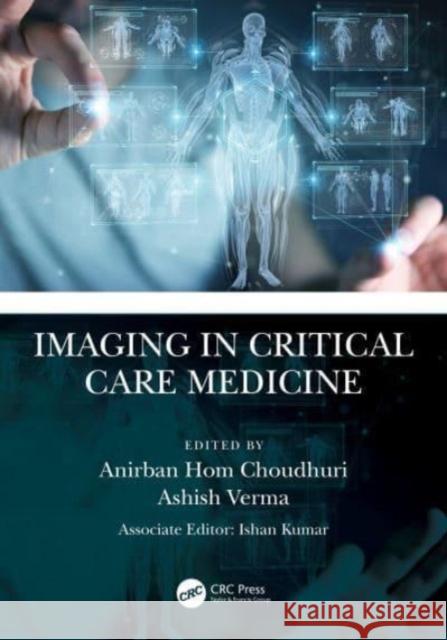Imaging in Critical Care Medicine » książka
Imaging in Critical Care Medicine
ISBN-13: 9781032111773 / Angielski
Imaging in Critical Care Medicine
ISBN-13: 9781032111773 / Angielski
(netto: 321,80 VAT: 5%)
Najniższa cena z 30 dni: 302,19
ok. 22 dni roboczych.
Darmowa dostawa!
Imaging in critically ill patients is a ubiquitous but challenging line of investigation for the physician as accurate interpretation is often difficult as patient cooperation during the procedure is grossly compromised, and the resultant image is often suboptimal. This book provides details on principles of imaging and the diagnostic hallmarks of common diseases helping in correct interpretation. It contains guidance to overcome the deficiencies observed during the performance of bedside imaging and equipment handling and addresses the rationale for various procedural/management and imaging approaches. This is a useful companion for most doctors and trainees working in critical care settings.Key Features:• Features case-based scenarios in Critical Care as well as has a section on Tropical Diseases.• Appeals to a wide audience of trainees and consultants of Critical Care Medicine, Internal Medicine, Anaesthesiology, Pulmonary Medicine and those working in the ICU, due to its clinical relevance.• Reduces the dependency on the radiologist and help the physicians to save time which would enhance the quality of patient care.
Imaging in critically ill patients is a ubiquitous but challenging line of investigation for the physician as accurate interpretation is often difficult as patient cooperation during the procedure is grossly compromised, and the resultant image is often suboptimal. This book provides details on principles of imaging and the diagnostic hallmarks of common diseases helping in correct interpretation. It contains guidance to overcome the deficiencies observed during the performance of bedside imaging and equipment handling and addresses the rationale for various procedural/management and imaging approaches. This is a useful companion for most doctors and trainees working in critical care settings.
Key Features:
• Features case-based scenarios in Critical Care as well as has a section on Tropical Diseases.
• Appeals to a wide audience of trainees and consultants of Critical Care Medicine, Internal Medicine, Anaesthesiology, Pulmonary Medicine and those working in the ICU, due to its clinical relevance.
• Reduces the dependency on the radiologist and help the physicians to save time which would enhance the quality of patient care.











